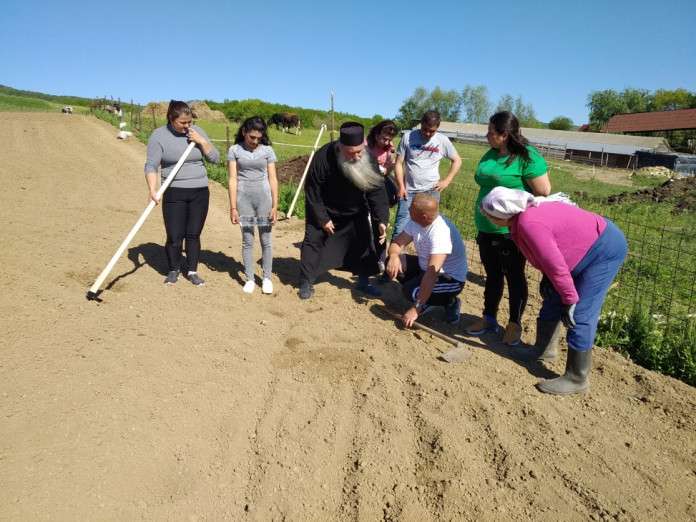One needs not to look very far to see the huge impact that globalisation and technology are having on our daily life. Our world has rapidly became a global village, and no matter if you are a globalisation fan or not, you must accept that YOU are a part of this village and most of all, it’s useful for you to understand where ‘your village’ stands in this global setting, in order to comprehend what kind of benefits this ‘global village’ might bring to you and to your entrepreneurial initiatives.
The term globalisation is commonly used to define the connectedness and spread of technology, production, and communication worldwide. Globalisation has transformed many multinational enterprises (for example, Amazon), into highly efficient and productive entities, that grow in market power daily. This has been especially prevalent during the COVID-19 pandemic, when technology-based enterprises have taken over massive con- sumers’ markets. Of course this created a significant challenge for small (social) entrepreneurs across Europe, in termes of competition, better pricing and cost-effectiveness.
We acknowledge the fact that this new reality is creating a transformative yet sometimes, disruptive and difficult future for entrepreneurs (especially social ones) and employees alike, including NEETs everywhere across Eu- rope. Perhaps the most obvious disadvantage of globalisation for social and solidarity economy structures / initiatives is the level of competition that globalisation brings for the (local) business environment, small entre- preneurs that used to compete locally or nationally, now they need to compete on a global market-place.
BUT keeping a positive note, let’s see how to transforme globalisation into a positive scenario foryoung social entrepreneurs across Europe and what kind of positive message we can send out to ourNEETs across Europe?
Small companies and independent entrepreneurs, including social enterprises, could undertake a symbiotic relationships with larger multinational companies, by creating valuable synergies for both parties. For example, the innovation outputs of social entrepreneurship entities and the multinational companies global market ac- cess could complement each other.
Young social innovative entrepreneurs can sell their products and services to larger global acting companies and this way, they don’t need to worry about dealing with foreign trade legislation, customs, exports etc. This swift of perspective can enable independent and small scale entrepreneurs to benefit from profits generated by globalising their innovations, without the costs of building own global market operations.
While globalisation may be bringing additional competitors to the doors of local (social) businesses, the process can work both ways. Breaking into new markets can become a viable strategy for local businesses that feel threatened by competition in their native localmarkets.
This ‘global village’ entrepreneurship lesson is being taught to the Romanian RAISE Youth NEETs, active in the regional demo centres, while being trained and mentored into sustainable agricultural activities, aimed at in- creasing their (self)employability.
For example, one of the Romanian RAISE Youth sustainable agriculture demo center is located in Barno- va Village at Monastery Barnova, Iasi County, where our NEETS have the chance to undertake innovative eco agricultural activities, more specifically the production of organic lucerne and other organic poweragri-foods, such as garlic and raising goats for the production of artisanal goat milk products, including french cheese recipes. One of the local experts, mentoring our NEETs, is the leading priest at this rural monastery, based in Iasi county.He is piloting a very interesting social economy model, that came to lifeat the beginning, as a necessity for the local monks and priests to generate alternative incomes for their day to day subsistence – and that with time and the help of modern technology became a successful practice in the local community, generating employment for young NEETs and selling organic agri-food products online (http://caprefericite.ro/) … and even producing french goatcheese.
RAISE Youth Romania decided to support and pilot similar innovative NEETs mentoring & training activi-ties via our RAISE demo centers and this way, showing in practice to our NEETs how to place their vil-lages on the ‘big global village map’.


